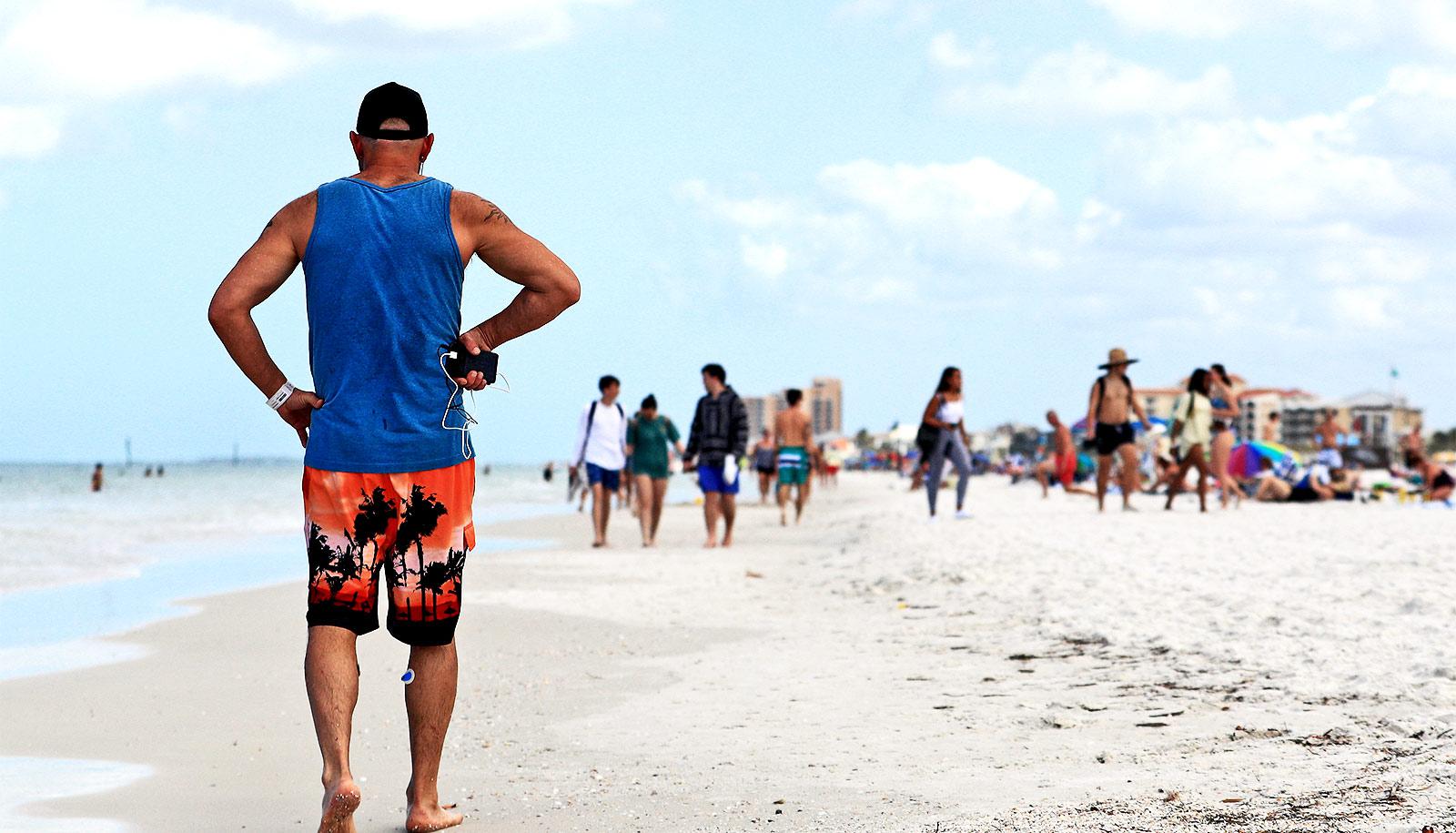How culture affects the spread of pandemics like COVID-19

Events such as the 1918 influenza pandemic and the resurgence of measles in the US and Western Europe can help researchers understand how culture influences the current spread of COVID-19 worldwide.
Carolyn Orbann, an associate teaching professor of health science in the School of Health Professions at the University of Missouri, studies how cultural behavior can play a role in the spread of infectious diseases.
Here, Orbann shares her insight on how cultural behaviors influence the spread of infectious diseases in human populations, including why this can help us understand the current spread of the COVID-19 virus and why the choice to go on spring break during a pandemic is a complex decision:
The post How culture affects the spread of pandemics like COVID-19 appeared first on Futurity.
